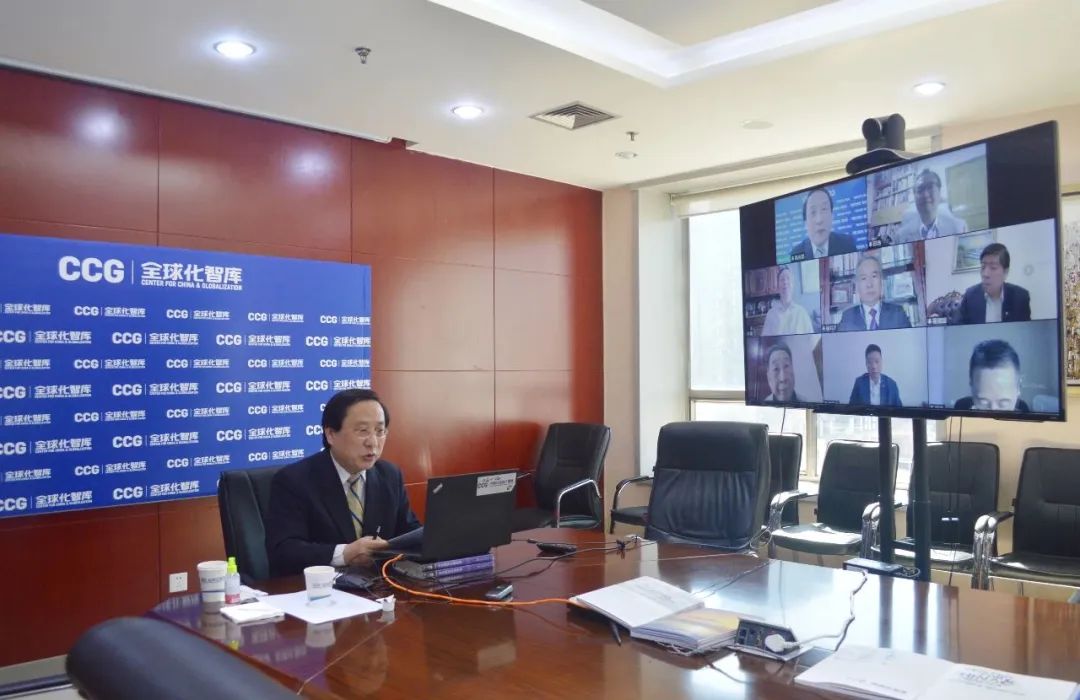CCG publishes more than 20 research publications and reports each year, hosts a series of round-table seminars, keynote speeches, policymaking symposiums, and many international influential brand forums every year. It also conducts track II diplomacy outreach in many countries, attends and participates in major international forums, and organizes many bilateral and multilateral events.

